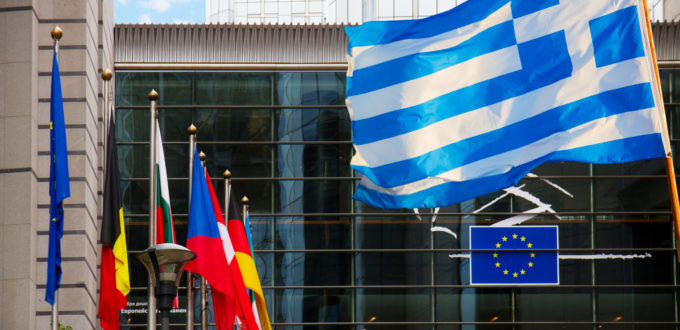It is precisely by aiming at the center of a very polarized political spectrum, and by presenting itself as a compromise, that the proposal can hope to spark a fruitful debate. Any expansive or restrictive suggestion from the angle of Northern, Eastern, or Southern states would be immediately dismissed by the opposing fringe.
What does the new EU budget have in store for migration and asylum? The effect of crises on EU spend...
While the COVID-19 crisis is slowing down in Europe, EU member states have once again been called to decide on the priorities of the Union for the next seven years and agree on a massive recovery fund to mend the damages the pandemic has done to the EU’s economy. As Romanian Ministry of European Affairs, George Ciamba declared while his country held the rotating Presidency of the Council: “The European Budget is a reflection of how we see the European Union in the future”.
On 21 July 2020, after four days and nights of intense negotiations, EU leaders reached an agreement and announced the new Multiannual Financial Framework (MFF). As far as migration and border policy are concerned, the new MFF as agreed upon by the European Council looks little like the budget the Commission had in mind in the first place.


